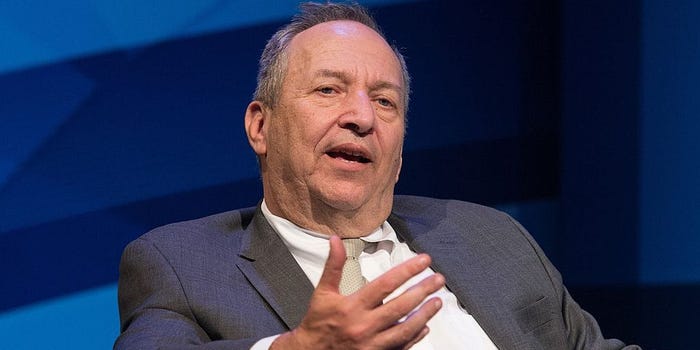Two years ago, Katherine Ann Reniers believed she had secured her financial future when she purchased a house in Rockville, Maryland. Now, at 53 years old, she was nearing the end of a 20-year career within the federal government, anticipating a pension of approximately $5,000 a month that would cover her health insurance upon her eligibility in November 2025, as outlined in documents obtained by Business Insider.However, her plans took a dramatic turn in March. Reniers received an email announcing that her role at the U.S. Agency for International Development (USAID) would be eliminated on July 1. This layoff was part of a broader effort to reduce federal agencies, ordered by the White House’s DOGE office, leaving Reniers just five months shy of her two-decade milestone.
With this gap in service, Reniers now faces a significant reduction in her federal pension, which, based on calculations, could be around $3,000 less than expected. “I’ve been panicking,” said Reniers, a single mother with two children. “I realized it wasn’t enough to cover my monthly mortgage and medical bills.”
Reniers finds herself among countless government workers whose lives have been disturbed by DOGE’s aggressive cost-cutting measures. Economic uncertainty looms large, especially for employees nearing retirement.An administration spokesperson reassured that “the State Department is dedicated to providing increased resources and benefits to ensure the wellbeing of USAID employees transitioning from service.”
Reniers had believed she was an “essential” employee, especially given her role as division chief for Europe at USAID’s Bureau for Humanitarian Assistance, which helps people impacted by global crises. Amidst chaos following DOGE’s arrival in January, she received a “Fork in the Road” email—an offer for full pay to those who chose to resign voluntarily. Given her perceived job security, she did not take the offer.On February 24, she was unexpectedly placed on administrative leave, and her responsibilities were handed to someone else. By March 27, she learned that her position was officially being terminated.
An invitation for employees to volunteer for “critical work” while responsibilities shifted to the State Department emerged, and Reniers intended to help her overworked colleagues. Yet, the reality of agency restructuring became clear when Secretary of State Marco Rubio informed Congress of significant program cuts, with approximately 83% of USAID’s initiatives affected.Since the layoffs were not part of her plan—she anticipated working at least another four years until her son graduated high school—Reniers is now grappling with the financial fallout. As a result of falling short of the 20-year mark, her pension benefits could be halved. The formula for foreign service pensions means less favorable calculations for those with fewer than 20 years of service, leading to an estimated monthly pension of under $3,000 instead of nearly $6,000 had she stayed for 24 years.
Additionally, she will miss out on a supplemental annuity, which would have been available if she had reached the two-decade threshold. Though she will receive a severance package equivalent to one year’s salary, Reniers plans to sell her apartment in Belgium to help ensure financial stability.”I’m fortunate to have that asset, but I need to keep my home in Maryland,” she said, highlighting her concerns about job hunting at the age of 53 while dealing with a disability.
Looking ahead, Reniers knows she can access her Thrift Savings Plan without penalties at 59, while her pension and Social Security benefits would commence at 62. Her immediate worry is securing affordable health insurance since she was diagnosed with rheumatoid arthritis, requiring regular medication. With her federal health insurance expiring at the end of July, she anticipates higher costs for coverage.”I’m really angry right now,” Reniers expressed, sharing that engaging in protests and communicating with lawmakers has offered some relief from her anxiety. “This is how I want to focus my energy.”







